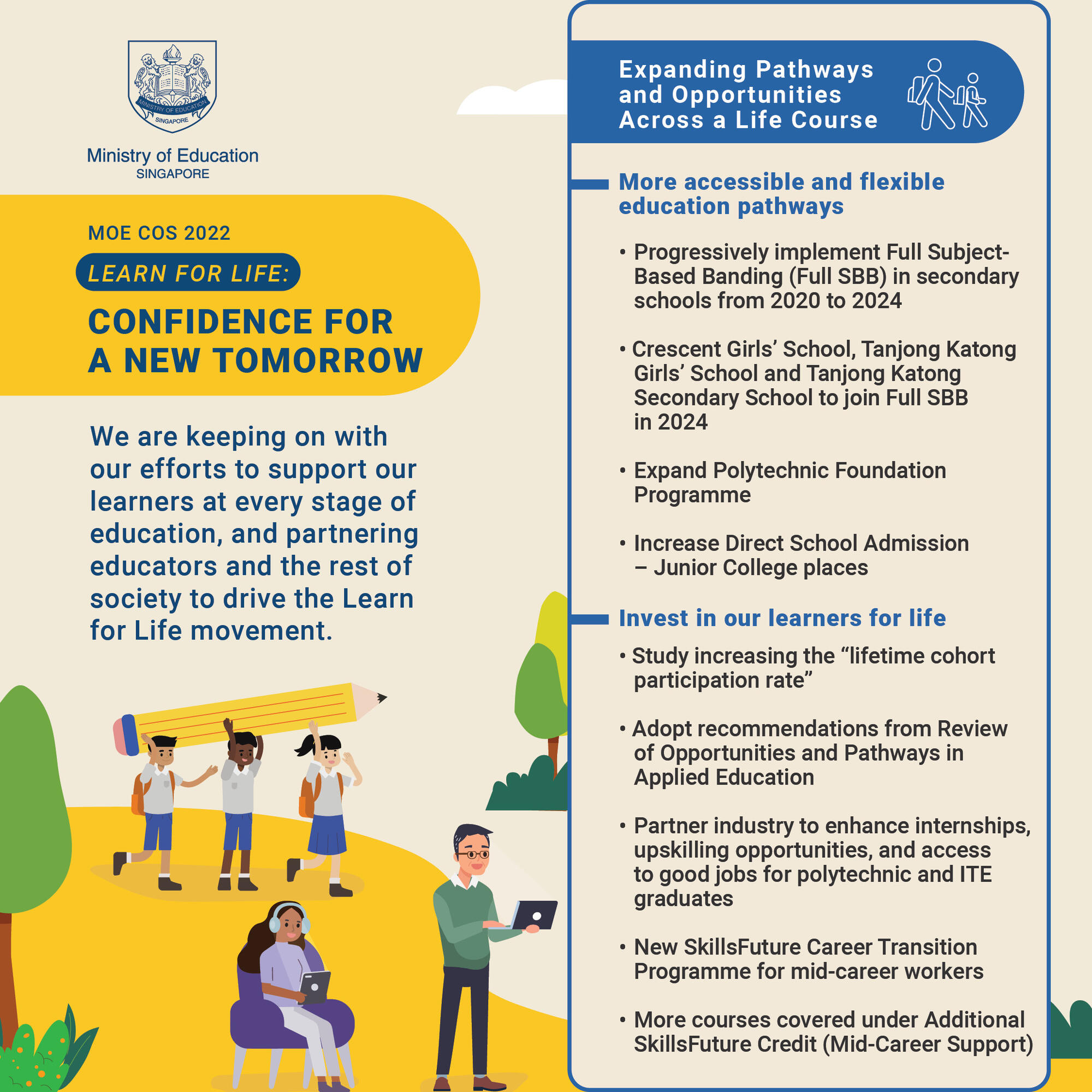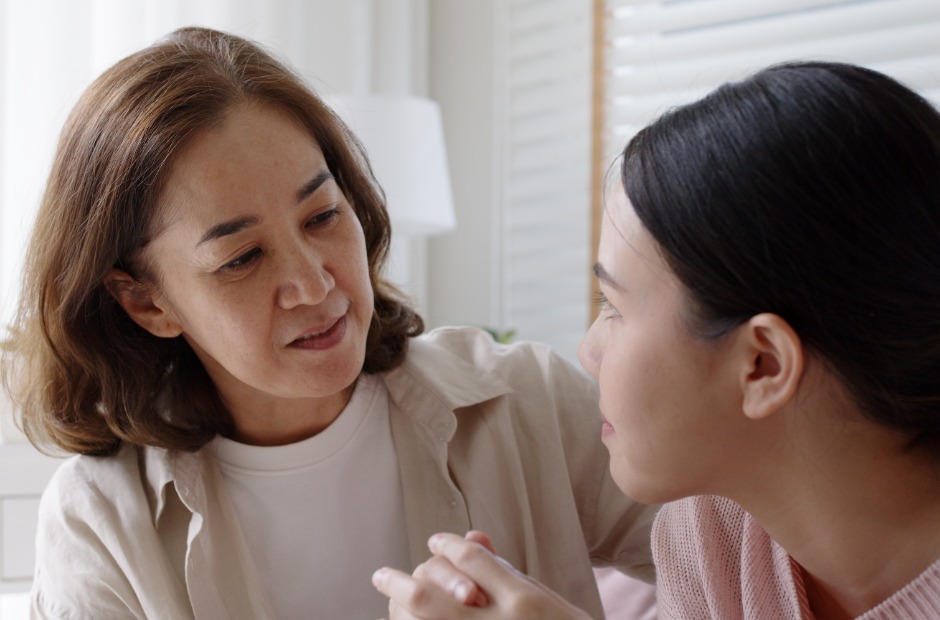Learning about Korea and Japan the Fun Way
15 May 2013

Parents and teachers at Ngee Ann Primary School planned a Korean and Japanese Festival during International Friendship Day! Pupils were able to try out costumes from the two cultures! Photo contribution by Ngee Ann Primary School Parent Support Group.
Gangnam Style by popular Korean singer, PSY, is what many children know of Korea these days.
At Ngee Ann Primary School, during the International Friendship Day celebrations from 10 to 12 April, this song was heard no less than six times as pupils took to the stage to rock to the Korean pop song.
But it did not stop there. Parents and teachers were determined to show pupils that Korea was not just about Gangnam Style, and that Japan was not just about sushi for that matter.
“This year, we chose to focus on Korea and Japan as they both have influenced the world with their popular cultures. Our aim is to expose the children to different cultures each year,” said Ms Faith Sim, a parent volunteer who was in charge of organising the event.
Strong Parents’ Support
In the preparation and execution of the event, parents and teachers worked closely to make it memorable for the children.
For the Korean booth, Ms Jenifer Kong, who is from Korea and a Parent Support Group (PSG) member with two children in the school, worked with both parents and teachers to coordinate the activities.

Paper origami was a hit among pupils! Photo contribution by Ngee Ann Primary School Parent Support Group.
Over at the Japanese booth, PSG member Ms Khor Hui Boon, who regularly organises Arts and Crafts sessions during recess time, hit upon the idea of getting kids to fold their own cherry blossoms. The parents also prepared a station for younger pupils to fold origami fans, which were easier for their age.
“It was the cherry blossom season, so I thought it was quite apt,” said Ms Khor.
Immersing in Different Cultures
The beating of Korean janggu drums kicked off the festivities as pupils streamed out of their classrooms for recess. The booths were inundated with eager children who wanted to play games, win snacks, sample tea, wear traditional costumes and try some art and craft. There was something for everyone.

Pupils trying out traditional Korean and Japanese games. Photo contribution by Ngee Ann Primary School Parent Support Group.
A huge hit among the girls was the ‘dress-up’ booth, which featured brightly coloured Korean dresses, also known as Hanboks, and Japanese kimonos. Long lines were formed as students donned the outfits for photo taking. Two ladies from the Japanese Association, Ms Kyoko and Ms Kazuko, were also invited to give a kimono-wearing demonstration.
“I’ve never been to Korea. They wear very nice clothes! I’m going to show this photo to my mother,” said Shahmeer Noor, 9, a Primary 4 pupil who was wearing a hanbok for the first time.
Pupils also had a great time trying out traditional Korean games, such as Je Gi Cha Bi, similar to our local Chapteh, and Tuho, which requires students to aim and throw an arrow into a receptacle.
Siti Nurtasya, 10, in Primary 4, said her favourite booth was the Korean game, Gungki Nori. “It’s like five stones!”
The billboards for the occasion, featuring write-ups on the two countries, drew scores of curious eyes.
“The highest mountain in Japan is Mount Fuji? I already know that!” chimed one bright spark.

Korean Mums prepared a variety of traditional food early in the morning for the pupils to sample. Photo contribution by Ngee Ann Primary School Parent Support Group.
To top it all off, sumptuous home-cooked Korean food, such as Kimchi and Tteokbokki (rice cakes in spicy sauce), were also prepared early in the morning on all three days. The children could also sample Korean drinks like Korean pear juice, Yu Ja Cha, also known as citron tea, and Sikhye, a sweet rice drink. Japanese tea like Sencha and Genmaicha were also great hits.
After sampling the different types of tea, wearing traditional garments and playing traditional games, many pupils went away with indelible memories and a broader understanding of Japanese and Korean cultures than what they were exposed to previously.
Contributed by Wong Sher Maine (Member of Ngee Ann Primary School Parent Support Group)





